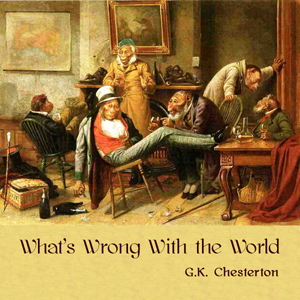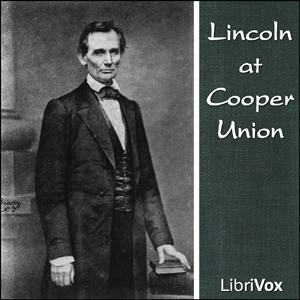- Dedication
- The Medical Mistake
- Wanted, an Unpractical Man
- The New Hypocrite
- The Fear of the Past
- The Unfinished Temple
- The Enemies of Property
- The Free Family
- The Wildness of Domesticity
- History of Hudge and Gudge
- Oppression by Optimism
- The Homelessness of Jones
- The Charm of Jingoism
- Wisdom and the Weather
- The Common Vision
- The Insane Necessity
- The Unmilitary Sufragette
- The Universal Stick
- The Emancipation of Domesticity
- The Romance of Thrift
- The Coldness of Chloe
- The Pedant and the Savage
- The Modern Surrender of Woman
- The Brand of the Fleur-de-Lys
- Sincerity and the Gallows
- The Higher Anarchy
- The Queen and the Suffragettes
- The Modern Slave
- The Calvanism of To-day
- The Tribal Terror
- The Tricks of Environment
- The Truth About Education
- An Evil Cry
- Authority the Unavoidable
- The Humility of Mrs Grundy
- The Broken Rainbow
- The Need for Narrowness
- The Case for Public Schools
- The School for Hypocrites
- The Staleness of the New Schools
- The Outlawed Parent
- Folly and Female Education
- The Empire of the Insect
- The Fallacy of the Umbrella Stand
- The Dreadful Duty of Gudge
- A Last Instance
- Conclusion
- Three Notes
Gilbert Keith Chesterton (1874–1936) has been called the “prince of paradox.” Time magazine observed of his writing style: “Whenever possible Chesterton made his points with popular sayings, proverbs, allegories—first carefully turning them inside out.” His prolific and diverse output included journalism, philosophy, poetry, biography, Christian apologetics, fantasy and detective fiction.
The title of Chesteron’s 1910 collection of essays was inspired by a title given to him two years earlier by The Times newspaper, which had asked a number of authors to write on the topic: “What’s wrong with the world?”. Chesterton’s answer at that time was the shortest of those submitted - he simply wrote: “Dear Sirs, I am. Sincerely yours, G.K. Chesterton”. In this collection he gives a fuller treatment of the question, with his characteristic conservative wit. (Summary by Wikipedia and Carl Manchester)
The title of Chesteron’s 1910 collection of essays was inspired by a title given to him two years earlier by The Times newspaper, which had asked a number of authors to write on the topic: “What’s wrong with the world?”. Chesterton’s answer at that time was the shortest of those submitted - he simply wrote: “Dear Sirs, I am. Sincerely yours, G.K. Chesterton”. In this collection he gives a fuller treatment of the question, with his characteristic conservative wit. (Summary by Wikipedia and Carl Manchester)
There are no reviews for this eBook.
There are no comments for this eBook.
You must log in to post a comment.
Log in











